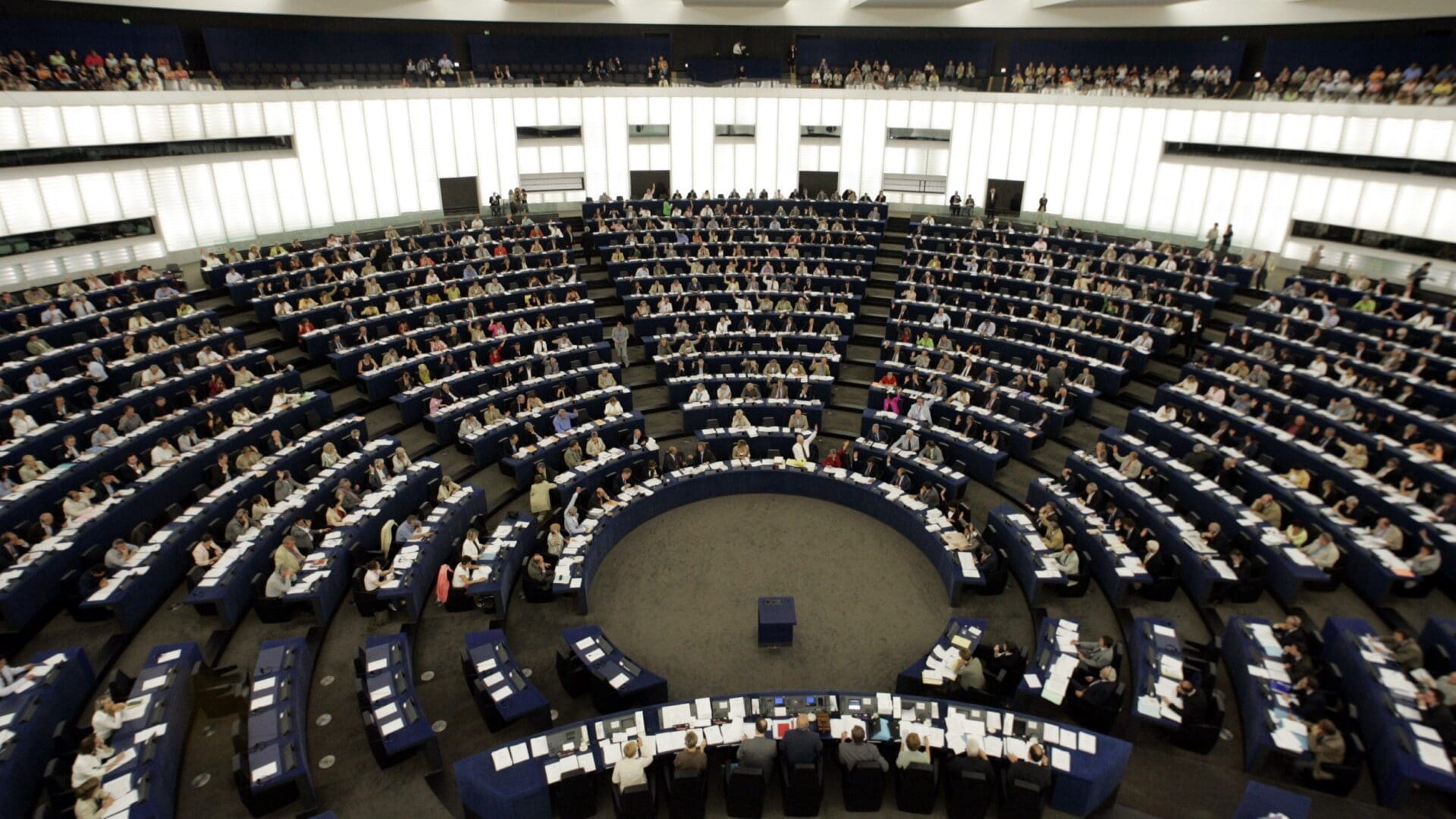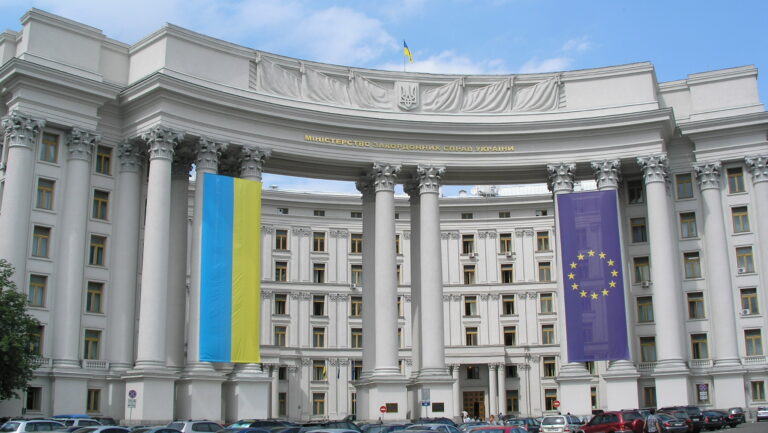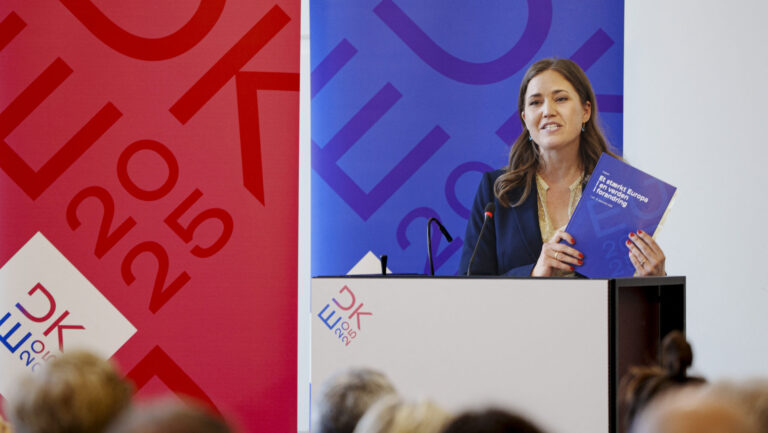Last year, the European Parliament voted in favour of a package of proposals to reform the European electoral system. The proposal would allow voting on the newly introduced so-called transnational list and also proposes the election of the President of the Commission by direct vote. However, according to the latest feedback, the majority of member states do not like the planned amendments at all, so the electoral mechanism is not expected to be reformed until the EP elections in a year’s time.
How Have We Voted So Far?
EU elections decide who represents Europeans in the EP, but how those representatives are elected largely depends on the national systems. This means that countries vote on different days, only national political parties appear on ballot papers, and the voting age also varies. Each Member State may elect a certain number of Members of the European Parliament. The EP has 705 Members, each representing a Member State. The distribution of seats is laid down in the EU treaties.
Countries with larger populations have more representatives than smaller ones, but the latter have more representatives than strict proportionality would entail.
The system is based on the so-called ‘degressive proportionality’ principle. Elections to the European Parliament are conducted according to the electoral rules and national traditions of each Member State, but there are also common EU rules laid down in the 1976 electoral regulation.
What Would Change?
The proposal, prepared by the EP’s Committee on Constitutional Affairs and approved in plenary on 3 May 2022, seeks to reform the European electoral law. The law sets common standards for the organisation of European elections. The aim of the report basically fits into the ideological-political framework defined by the EP, as it is no secret that the aim of the reform is to further deepen integration and to take away new competences from individual Member States.
According to the report, it is essential to transform EU elections into a single European election, as opposed to 27 separate national elections. MEPs propose the creation of an EU-wide constituency to elect 28 MPs in addition to those elected in national or regional constituencies.
European political parties or coalitions of national parties could
propose transnational lists of candidates for the post of President of the Commission with their preferred candidate.
The proposal also states that lead candidates could run on EU-wide lists in all Member States, allowing voters to vote for their preferred candidate for Commission President.
In practice, this would mean that lists of candidates at the EU level would have to be submitted to European electoral organisations, either European political parties or coalitions of multinational political forces for elections. Based on the positions of principle, the electoral lists drawn up in this way should respect geographical representation, and according to the wording, no smaller Member State should be put at a disadvantage. This, however, is also an open question, which does not bode well considering the practice of power politics and the frequent disregard for minority opinions, both common occurrences in the European Union.
Naturally, a new institution would be created to supervise this, the European Electoral Authority, on the functioning and procedures of which the individual Member States would most likely have no influence whatsoever, and thus the proposal would result in the creation of another EU body with no legitimacy but greater political influence.
MEPs in favour of the proposal say the reform would strengthen European democracy and further legitimise the position of Commission President by directly electing the head of the College of Commissioners.
False Arguments
The argument citing the strengthening of European democracy is rather anomalous, because MEPs who advocate for the introduction of transnational lists forget that, in addition to going against the Treaties, these are also objectionable in terms of their theoretical objectives, since the introduction of the reform could lead to a reduction in the role of Member States, the emptying of the rights of citizens of the Member States, and the formalisation of their rights.
The reform proposal is in fact yet another attempt to move the Union towards a United States of Europe, well hidden behind lofty ideals and frequent references to democracy and the rule of law. It would also widen the gap between voters and European politicians—not that the EP has hitherto been known for transparency and accountability.
To cite an example close to home: the use of transnational lists would result in
a Hungarian voter being forced to vote for a list that may not include a single Hungarian MEP.
The whole initiative is obvious pressure to get Member States give up the right of national parties to nominate candidates.
The Majority of Member States Also Have Doubts
It will not be easy for the EP, as attempts to change the way it is elected and the rules governing its composition have already been shot down by national governments wary of ‘Europeanising’ elections.
The survey, carried out by the Swedish Government, whose six-month rotating presidency ended last week, was based on specific definitions or parts of the proposals, to which Member States could reply as follows: ‘acceptable’, ‘to be discussed’, ‘not acceptable’, ‘no position yet’ or ‘no indication’.
The results were discussed by EU ministers at the General Affairs Council at the end of June. The survey showed that, of all the proposed reforms, the strongest opposition was met by the part that allows EU citizens to nominate their preferred candidate for the post of President of the European Commission.
Only one country supports it, five call for further debate, and 14 oppose it.
In the case of the ‘EU-wide list’, only three are in favour, seven are calling for further discussions and 11 are against.
As regards lowering the voting age, only seven countries supported setting the age limit at 16, another seven countries said they wanted to hold further debates on the issue, while ten were against. On postal voting, including for EU citizens in third countries, only five were in favour, six requested further discussion and 12 opposed the idea. There was more support for the proposal to set a common threshold requiring a party or candidate to obtain at least five per cent of the national vote in order to win a mandate.
To sum up: the European Parliament has once again come up with a proposal that would not make the EU any more democratic, but would achieve exactly the opposite, because with centrally drawn up transnational lists, smaller Member States and national parties would lose their influence on European affairs, which unfortunately is already not very significant.








